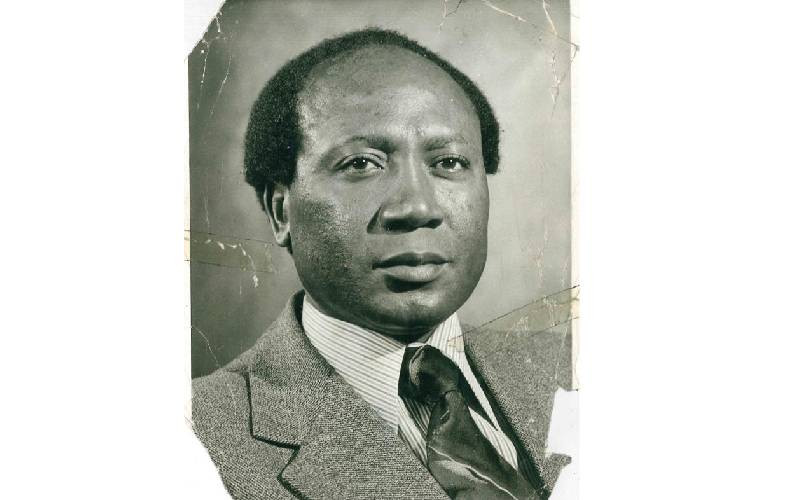×
The Standard e-Paper
Stay Informed, Even Offline

The phone startled me from my intermittent slumber. I was literally dozing on my computer after hours of writing and editing.
It rang again and again. I blankly stared at the black telephone set on my desk as if consumed by paralysis. I was alone in the office. All my colleagues and staff members had long gone home. At last, I reached out for it. It was my City Editor, Mutegi Njau on the line.